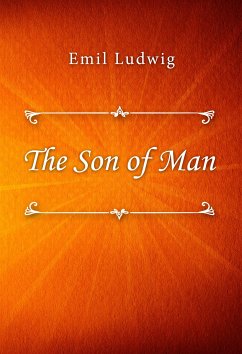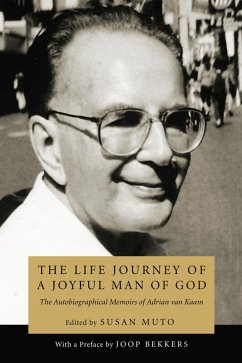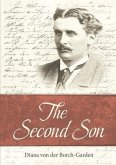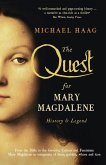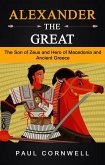This book deals with "Jesus," and has not a word to say about "Christ." The author does not meddle with theology; that arose later, and he does not pretend to understand it. He tells the story as if the tremendous consequences of the life he describes were unknown to him-as they were unknown to Jesus, and unwilled. The book, therefore, ignores the interpolations in the gospels, whether made retrospectively to show the confirmation of ancient prophecies, or prospectively to provide support for the still youthful Church. Much has been omitted because modern research has rejected it as spurious. If the reader misses some text endeared to him from childhood, let him remember that libraries are filled with discussions as to the genuineness of such passages. Since in these days most persons derive their impressions of the story of Jesus from pictures of a comparatively recent date rather than from the gospels, a good deal escapes their notice. They fail, for instance, to observe that neither in Mark nor in Matthew are we told that Jesus visited the temple when he was a child, and that only one of the four evangelists says that Mary and John were present when he died on the cross.
Dieser Download kann aus rechtlichen Gründen nur mit Rechnungsadresse in A, B, BG, CY, CZ, D, DK, EW, E, FIN, F, GR, HR, H, IRL, I, LT, L, LR, M, NL, PL, P, R, S, SLO, SK ausgeliefert werden.

